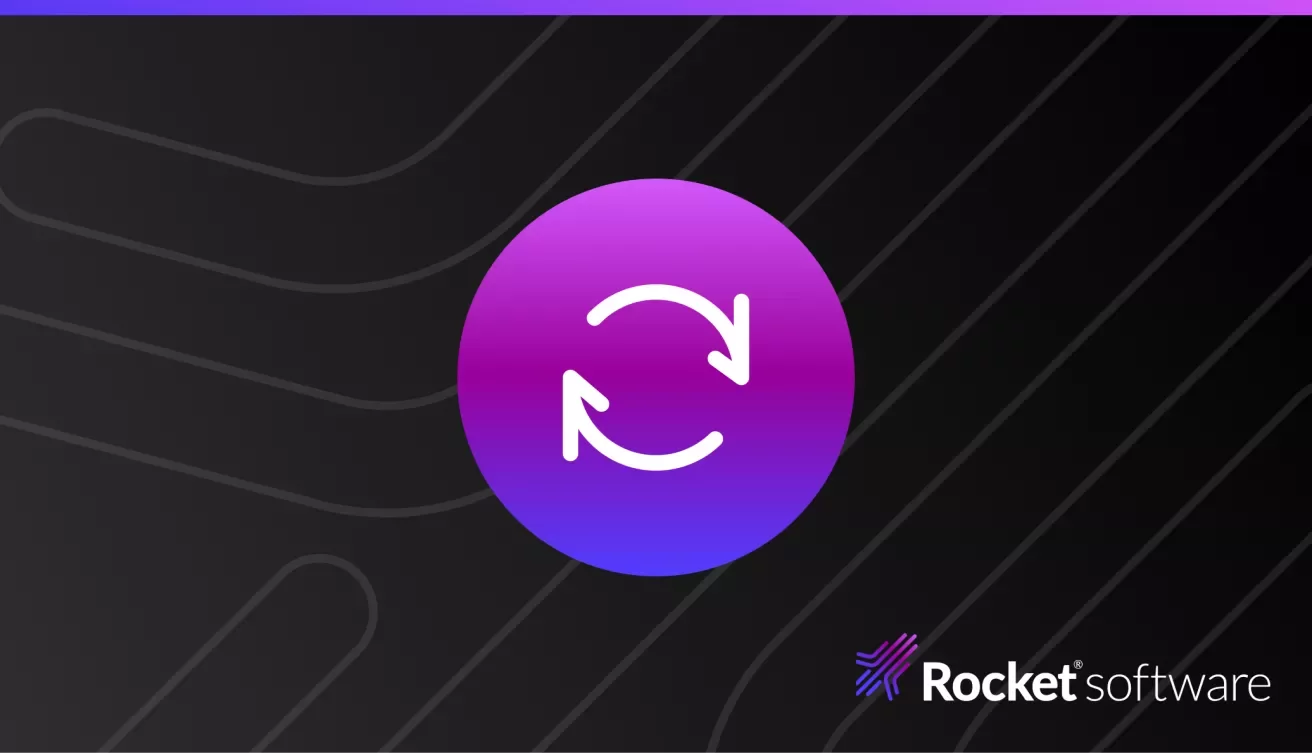Rocket Software Insights Hub

Welcome to Modernization. Without Disruption.
We meet you wherever you are and tailor our strategies to align with your specific goals and objectives.
Bringing Secure Host Access to the Green Screen
Rocket Secure Host Access solution enhances security for remote access to mainframe systems.
Your Ultimate Guide to Mainframe Vulnerability Management
It is the process of locating, assessing, and addressing your threats to ensure the security and integrity of critical systems and data.
Understanding the AI-driven Prompt Engineering competency framework
Understanding E-Invoices: A Comprehensive Guide
We will delve into how Rocket® EDX can help you with e-invoices.
AI hybrid cloud
Rocket Software Marks 35 Years by Giving Back to the Community
Rocketeers around the globe spent Community Day together helping their communities, nonprofits, and volunteer organizations, bettering their communities in the process.
ERP in the Cloud Era
Enhancing Zeke with AI Predictive Pulse
AI Predictive Pulse helps users proactively address issues, optimize workflows, and improve system reliability.